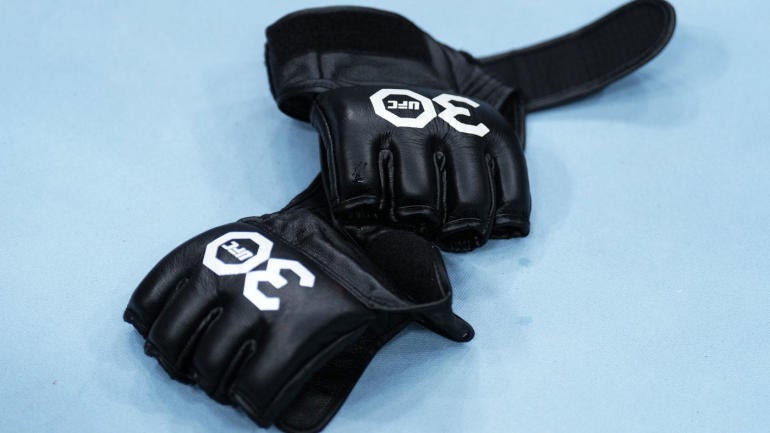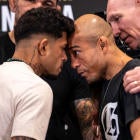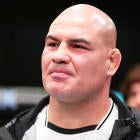
The plaintiffs in the ongoing antitrust lawsuit against the UFC scored a big win on Wednesday as the presiding judge officially certified the class-action suit after years of filings and delays.
The Le vs Zuffa (UFC) case began in 2014, with former UFC roster members such as Cung Le and Jon Fitch among the named plaintiffs alleging the UFC had abused their market power to intentionally and systematically cripple the free market in mixed martial arts, forcing fighters into restrictive contracts while also decimating and/or purchasing rival promotions.
Presiding judge Richard F. Boulware granted class certification on Wednesday, a major step in the ongoing process. The certification was for the "bout class" of fighters, which includes any fighter who participated in Zuffa events that took place or were broadcast in North America from Dec. 16, 2010 to June 30, 2017.
A separate and smaller "identity class" of fighters, whose likenesses were used by Zuffa in merchandise or video games, was not certified.
Here are some of the more notable statements from Judge Boulware's decision to certify the "bout class," from court documents first obtained by Bloody Elbow's John Nash:
- "[UFC] willfully engaged in anticompetitive conduct to maintain or increase their market power. ... This was mainly accomplished in three ways: first, through the enforcement of exclusionary contracts, which kept fighters "locked up" in an anticompetitive manner; second, through extracontractual methods to make fighter contracts effectively perpetual; and third, through acquisition and shutting down of rivals."
- "Court finds that Plaintiffs have established that these forms of anticompetitive conduct, both individually and collectively, along with dominant output market power, allowed Defendant to exercise substantial monopsony power over putative class members in the input market for fighter services. Ultimately, the Court finds, for the purposes of class certification, that Plaintiffs have set forth sufficient evidence that this Scheme amounted to a violation of the antitrust law."
- "[UFC used a] variety of ruthless coercive techniques to prevent fighters from becoming free agents- rendering these contracts effectively perpetual. ... Because Zuffa fighters did not get paid unless they fought, this enabled Zuffa to use various strategies related to the timing, placement, number and opponents of a fighter's bouts to coerce fighters into renewing their contracts early or extending their contracts in order to earn a paycheck."
- "The combined effect of the contracts' restrictive clauses created a situation where Zuffa had the sole power to control a fighter's ability to make money for the majority of the average fighter's career. Through these restrictive contracts, Zuffa controlled how much, where, and when fighters could earn compensation by participating in a bout."
Other notable statements included claims the UFC "systematically acquired, or forced the shutdown of, rival promoters" and that "Zuffa had unfettered power and opportunity to suppress fighters' compensation."
The defendants could now appeal the certification, though the stern words from Judge Boulware suggest an appeal would not be successful. It is now up to the court to schedule a date for the case to move forward.
The plaintiffs are asking for $811 million to $1.6 billion in damages. Any amount awarded should the plaintiffs win the suit would be tripled under the laws for an antitrust case. A ruling in favor of the plaintiffs would also force a major change to the way UFC has long conducted business and approached fighter contracts.





















